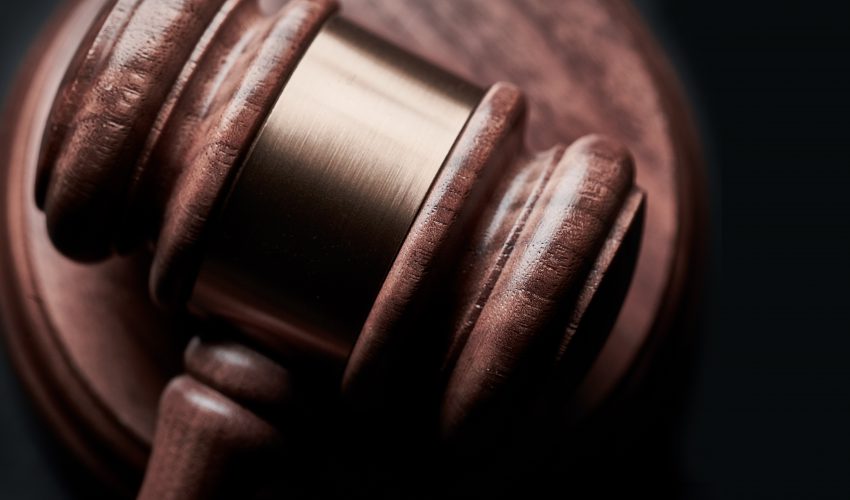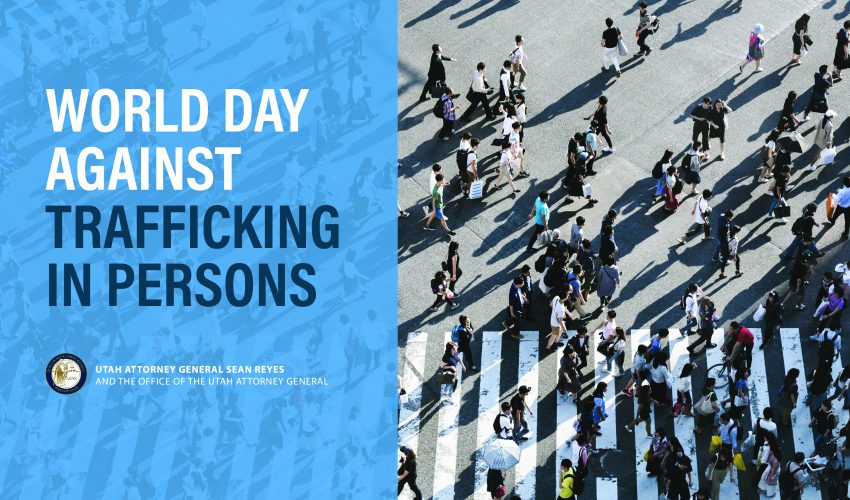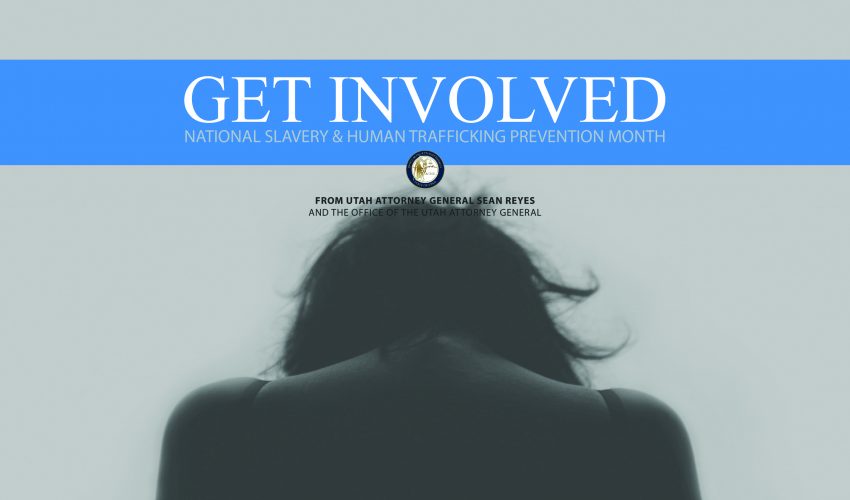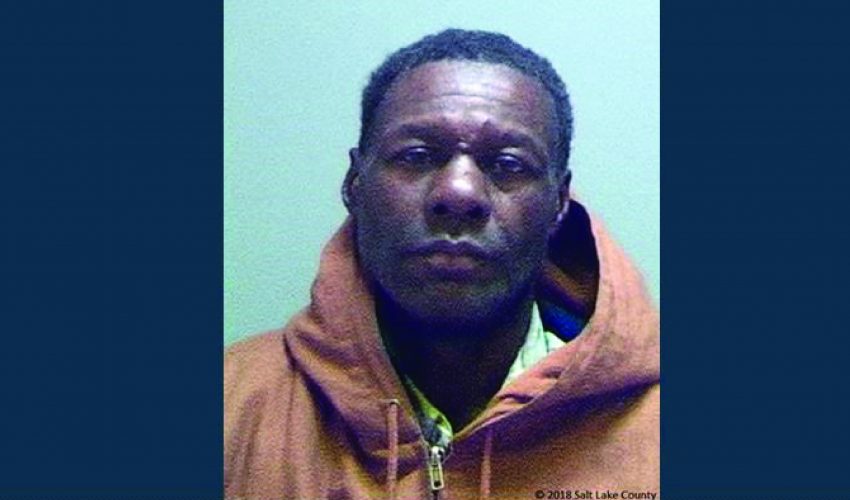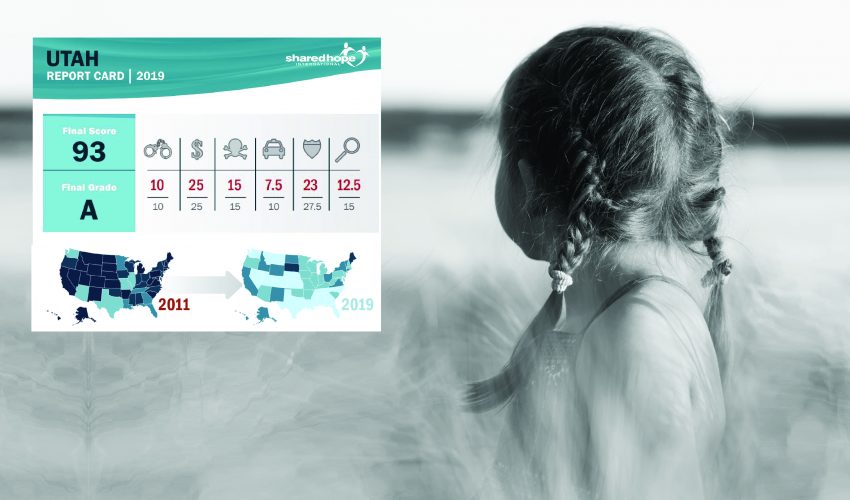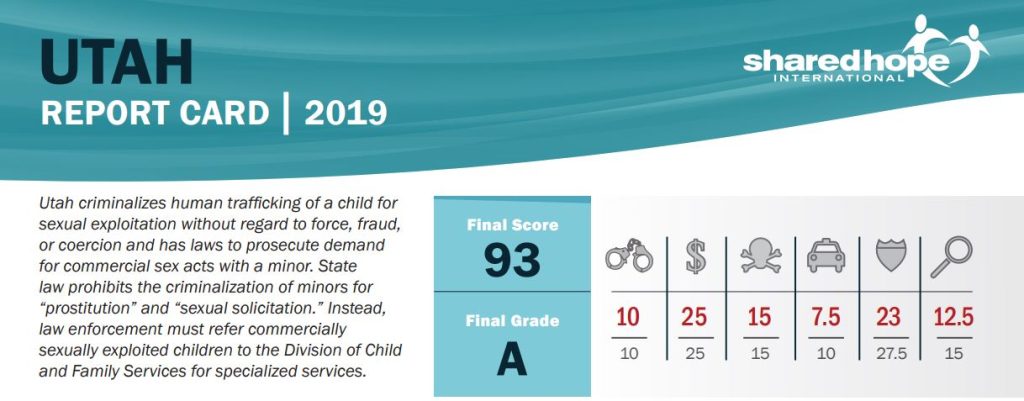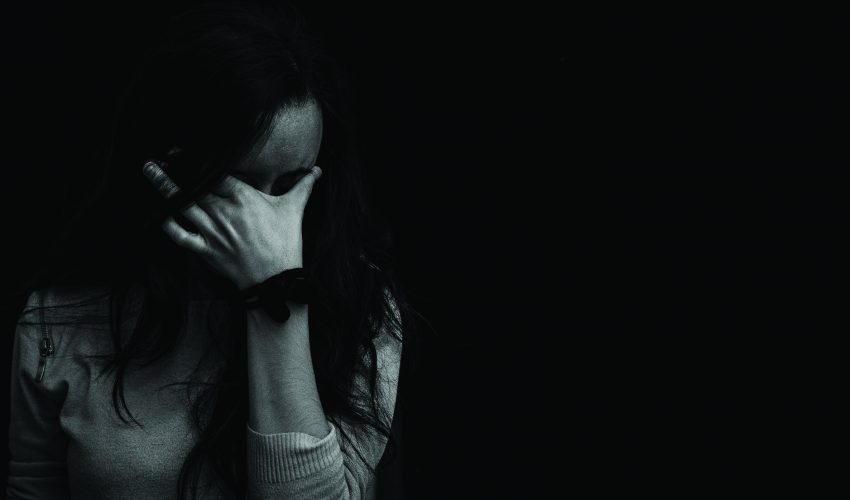July 30, 2020
Today we recognize World Day Against Trafficking in Persons, an international effort to bring awareness and resources to human trafficking and the victims and their rights.
Fighting human trafficking is a priority for the Utah Attorney General’s Office and Attorney General Reyes. The Utah AG’s Office and the affiliated Utah Trafficking in Persons (UTIP) Task Force and Utah SECURE Strike Force aggressively fight against human trafficking and in support of the victims through education campaigns, support of anti-human trafficking legislation, victim recovery, and advocacy. Additionally, AG investigators diligently investigate and arrest human traffickers, while AG prosecutors work to bring justice for the victims.
Today, the Utah Attorney General’s Office reaffirms its commitment to proactively fight against human trafficking, prosecute traffickers, and bring justice and healing for victims.
Human Trafficking in Utah
“Are these things happening in the state of Utah? Absolutely,” Utah Attorney General Sean D. Reyes said in an interview with KSL earlier this month. “How do we know? We have prosecuted many cases and we’re investigating even more cases as we speak — labor cases, sex cases, sexual exploitation and child pornography cases.”
Human trafficking is a worldwide problem, even in Utah. Every year, millions of men, women, and children are trafficked worldwide. The human trafficking industry is estimated to be a $150 billion per year industry.
Human trafficking can include sex trafficking, forced labor, illegal adoptions, and creating and selling child pornography. It is prevalent in Utah and each year the Utah Attorney General’s Office investigates and prosecutes human trafficking cases across Utah and works to bring help and healing to the victims in each case.
About Human Trafficking
Human trafficking is a modern-day form of slavery and an egregious violation of human rights involving the illegal trade of people for exploitation or commercial gain.
By its nature, human trafficking is secretive, with traffickers using complex manipulative tactics such as force, fraud, or coercion to control their victims using “invisible ropes”, rather than the ropes, cages, and shipping containers generally portrayed in books and movies. This makes it difficult for victims to come forward as they might not even be aware they are being victimized, they fear retribution from their traffickers including danger to themselves and their families, and/or they may not have access to or control of their identification/personal documents.
Unfortunately, it is because of its secretive nature that human trafficking is difficult to detect. Therefore, it is imperative that you pay attention to those in your life and look for red flags. Read more about recognizing human trafficking here.
How You Can Help
- Get Informed. Being informed is the most important thing that you can do. Educate youself and those around you on the common indicators of human trafficking and how to report it. If you can safely observe a suspicious situation, recognize the red flags, and report them to the proper authorities, you can make a difference.
- Pay Attention. Pay attention to those around you and in your communities. Look out for one another and keep an eye out for evidence of human trafficking. Should you see behaviors that have indicators of human trafficking, report it immediately. Traffickers rely on the general public not asking questions, not recognizing the red flags, and simply looking the other way.
- Support Anti-trafficking efforts. Whether it’s through volunteering at anti-trafficking organizations, hosting an awareness-raising event, or discussing your concerns with your state representatives, your support and efforts will make a difference.
- Report Human Trafficking. If you see something, say something.
Reporting Human Trafficking
If you encounter a situation that has indicators of human trafficking, contact your local law enforcement, let our investigators know, or contact the National Human Trafficking Hotline. Do not attempt to confront a suspected trafficker directly or alert a victim to any suspicions. It is up to law enforcement to investigate suspected cases of human trafficking.
Utah Human Trafficking Tipline:
801-200-3443
National Human Trafficking Hotline:
1-888-3737-888
Text “Help” or “Info” to 233733
Additionally, you can reach the hotline by email: Report@PolarisProject.org
Additional Hotline
National Runaway Safeline:
1-800-RUNAWAY (1-800-786-2929)
Text: 66008
Visit their website here: https://www.1800runaway.org/
For more information on human trafficking, visit:
Polaris Project here.
Human Trafficking Hotline here.
Blue Campaign here.
